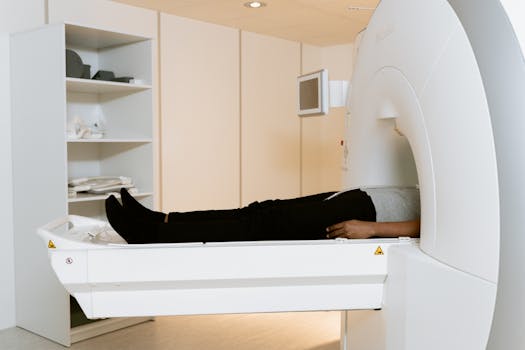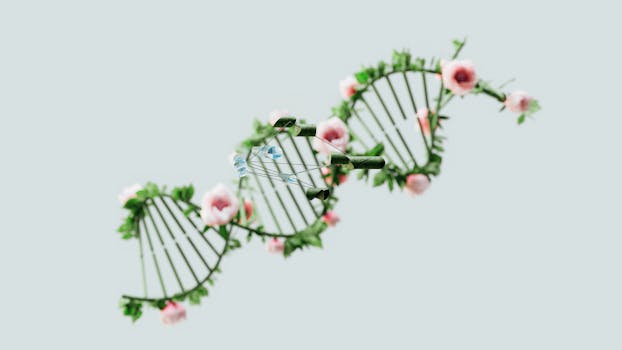
The Role of Genetics in Human Health and Disease
The role of genetics in human health and disease is a complex and multifaceted field that has seen significant advancements in recent years. Genetics play a crucial role in determining an individual’s susceptibility to certain diseases, as well as their response to various treatments. In this article, we will explore the role of genetics in human health and disease, and discuss the latest developments in this field.
Introduction to Genetics

Genetics is the study of heredity and variation. It involves the study of genes, which are the basic units of heredity, and how they are passed down from one generation to the next. Genetics also involves the study of how genes interact with each other and with the environment to produce specific traits and characteristics. The human genome is made up of approximately 20,000-25,000 genes, which are encoded in DNA (deoxyribonucleic acid).
Genetic Disorders

Genetic disorders are conditions that are caused by mutations or changes in the DNA sequence. These mutations can be inherited from one’s parents or can occur spontaneously during DNA replication. There are many different types of genetic disorders, including single-gene disorders, chromosomal disorders, and complex disorders. Single-gene disorders are caused by mutations in a single gene, while chromosomal disorders are caused by changes in the number or structure of chromosomes. Complex disorders are caused by a combination of genetic and environmental factors.
Genetics and Disease Susceptibility

Genetics play a significant role in determining an individual’s susceptibility to certain diseases. For example, some people may be born with a genetic mutation that makes them more susceptible to certain types of cancer. Others may be more likely to develop certain diseases, such as heart disease or diabetes, due to their genetic makeup. Additionally, genetics can also influence an individual’s response to certain treatments, such as medications or therapies.
Genetic Testing and Counseling

Genetic testing and counseling are important tools for identifying individuals who may be at risk for certain genetic disorders. Genetic testing involves analyzing an individual’s DNA to identify any mutations or changes that may be associated with a particular disease. Genetic counseling involves providing individuals with information and guidance about their genetic risks and options for managing those risks. This can include discussing the risks and benefits of genetic testing, as well as providing information about reproductive options and other ways to manage genetic risks.
Advances in Genetic Research

There have been many significant advances in genetic research in recent years. One of the most notable advances is the development of genome editing technologies, such as CRISPR (clustered regularly interspaced short palindromic repeats). These technologies allow scientists to edit genes with unprecedented precision, which has the potential to revolutionize the treatment of genetic diseases. Additionally, advances in genetic testing and counseling have made it possible for individuals to identify their genetic risks and take steps to manage those risks.
Conclusion

In conclusion, the role of genetics in human health and disease is a complex and multifaceted field that has seen significant advancements in recent years. Genetics play a crucial role in determining an individual’s susceptibility to certain diseases, as well as their response to various treatments. As our understanding of genetics and disease continues to evolve, it is likely that we will see new and innovative approaches to preventing, diagnosing, and treating genetic disorders.





